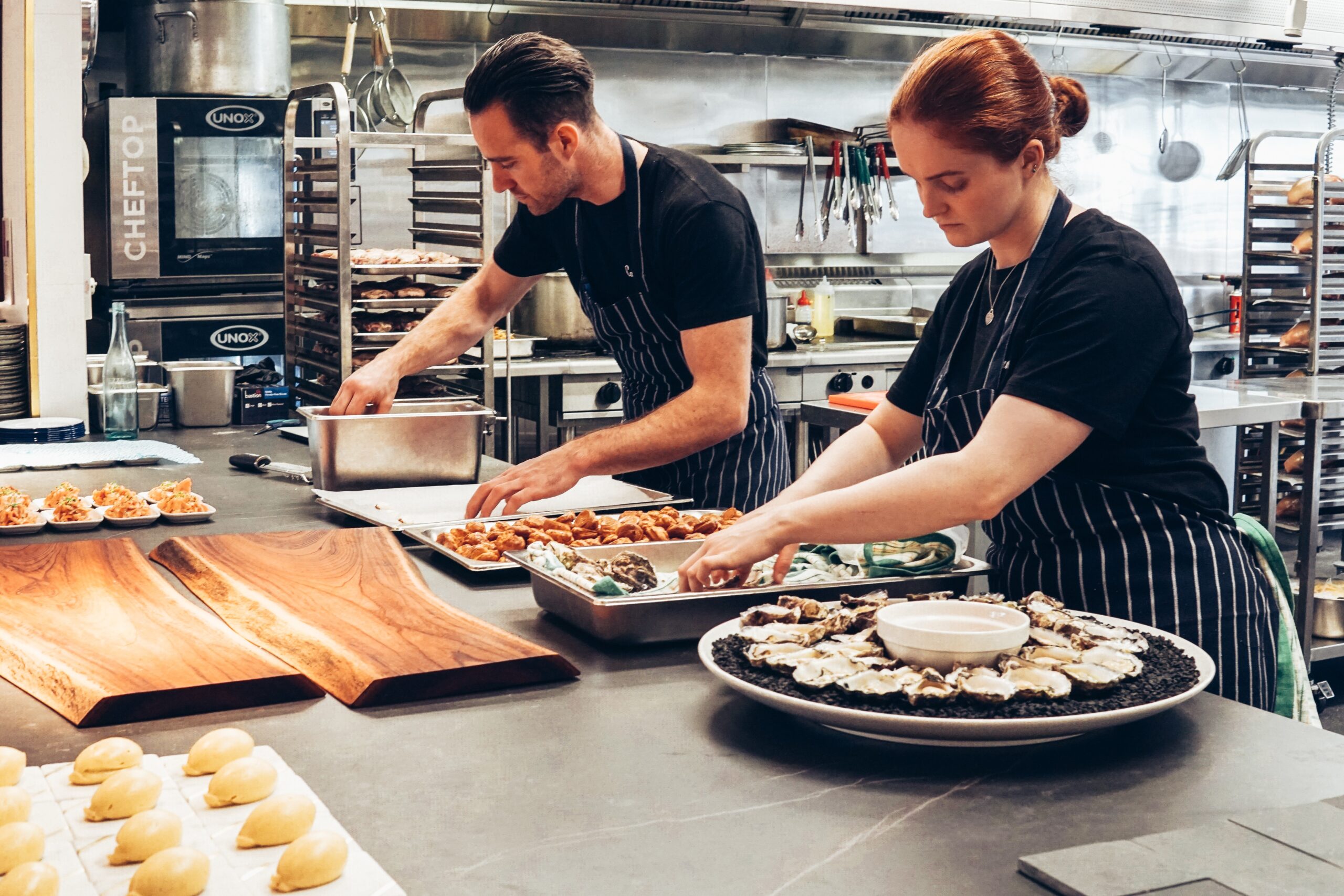Managing a kitchen takes an individual with a variety of skills that, unfortunately, don’t often coexist. To be good at it, your kitchen manager should:
Be An Effective Administrator
This characteristic is the most important and most difficult to find. Cooks are called cooks because they cook. Most cooks got into the business to cook. Great kitchen managers understand that their duties include purchasing, inventory, scheduling, hiring, and firing — for better or worse, the mundane tasks associated with being in charge.
Be Creative
This is a characteristic that can be difficult to find in a person who possesses the trait mentioned above. But a creative personality can drive the kind of out-of-the-box thinking that leads to food offerings that wow your customers and return visits.
Keep Calm Under Pressure
Ummm … so if you have ever been around a ranting manager in the middle of a rush, you may be wondering about how important this characteristic is — or how likely it is that any of them have it. Screaming is different than losing it. Better not to scream, but losing it is not an option. To avoid last-minute pressure it is advised to be on top of your fire system maintenance in your kitchen.
Be Experienced In Your Style Of Cuisinefire maintenance system
I’m I’d surprising that even industry professionals fail to differentiate between different types of kitchen operations and the specific skills required of the staff working in them. Cooking banquets, high volume, or fine dining develop unique skill sets among practitioners.
Be A Good Teacher
Cooks take care of their station on the line. They prepare their ingredients and cook what they are responsible for. For kitchen managers, their station is the line and they are ultimately responsible for everything that their kitchen produces. To produce what they are responsible for (everything), they need to rely on their team. That team needs to be able to make what they are responsible for as well and as consistently as your kitchen manager would. They need someone to show them how.
Be A Hard Worker
This one should go without saying, and I think to some extent it does. At the point of being hired as a kitchen manager, a culinary professional should understand the kind of hours required to do the job. Be careful of managers, especially new managers, who get their first crack at putting a schedule together and load up on staff to get themselves some extra time off. Remind them, if you must, that the responsibilities of management far outweigh the perks.
Hire A Newbie
Especially if your kitchen operation is small, you may need one person to handle the management and execution in your kitchen. Students or recent graduates of culinary arts programs are schooled in the kinds of administrative duties necessary to run your kitchen and often have more industry experience than you think. They are green and will likely require some direction, but they’re just starting and will be thankful to have control over even the smallest operations.
